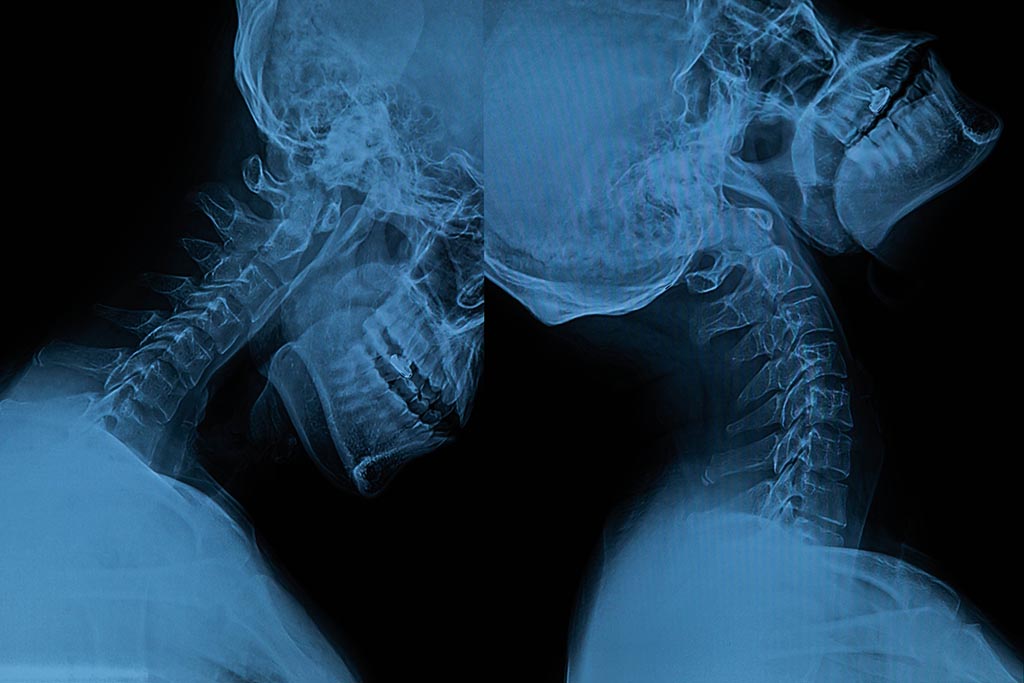Traumatic brain injuries are some of the most frequent injuries sustained in bicycle accidents. Approximately 50% of people who suffer a brain injury are at risk of an epileptic attack. Researchers at the University Of California, Berkeley are working on a drug that can help reduce the risk of such epileptic attacks.
According to the researchers, they have discovered a simple protein in the blood that causes epilepsy after brain damage. Large amounts of that protein cause seizures, and other symptoms of epilepsy.
Back in 2002, two of the researchers studied the processes that are set into motion, when the brain is injured during a bicycle accident or any other type of accident. They realized that the person was at a much higher risk of seizures, if the brain had been exposed to blood that had circulated throughout the body. The person was at a high risk of epilepsy because of a protein called albumin.
This is not a rarely found protein. In fact, it is one of the most common proteins in the blood. This protein is produced in the liver, and while it is very important to have this protein in the body for healthy blood, it can be dangerous and can lead to health consequences if it crosses the blood-brain barrier. During the injury, the damaged blood-brain barrier can allow extra albumin in, which further exacerbates the injury, and triggers seizures.
Now, the researchers are using their findings to help preserve precious brain cells after a brain injury. The albumin tends to interact with a cell protein called TGF-beta receptor, triggering epilepsy, and the researchers believe that a prescription drug for high blood pressure could prevent TGF-beta receptors from signaling.
